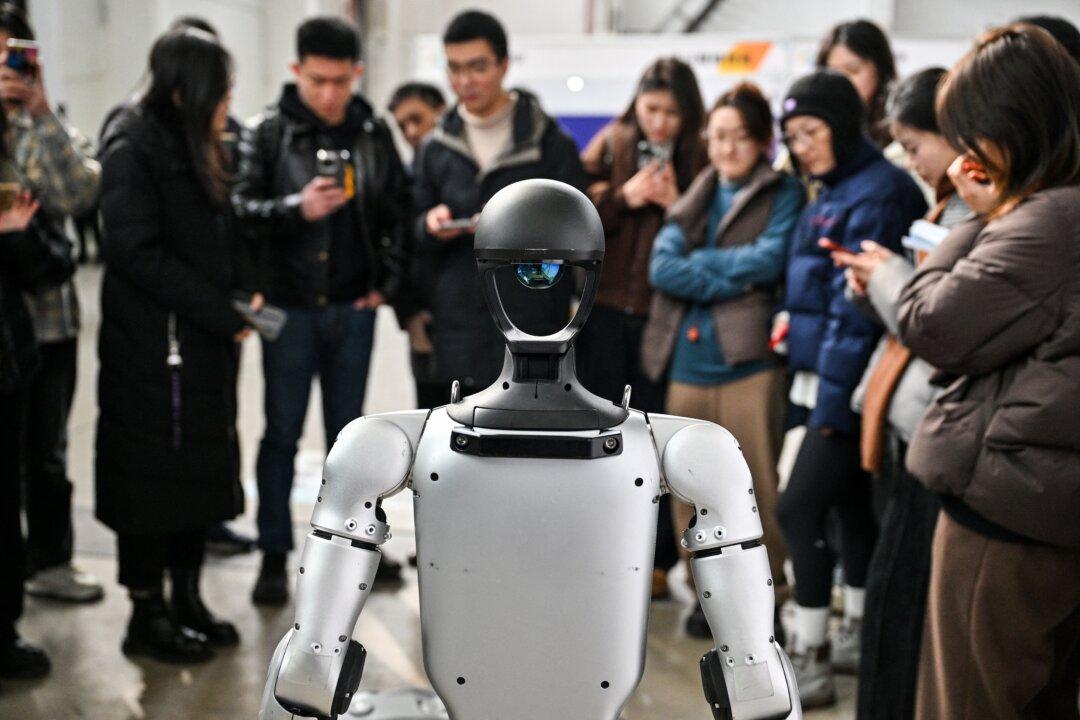Artificial intelligence could sweep away basic learning opportunities for younger people if society becomes too reliant on the technology, cautions an AI researcher.
Paul Darwen, associate dean of IT at James Cook University’s Brisbane campus, said the advent of AI might be similar to previous inventions, such as calculators and spreadsheets, which relieve people from the “tedious drudgery” of menial work, while allowing them to focus on more creative endeavours.





